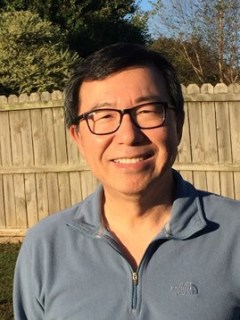Oct 29 2015
Professor Steve Tung of the Department of Mechanical Engineering will speak on "From Microfluidics to Nanofluidics" at the BAE Research Colloquium Seminar at 10:30 a.m. Friday, Oct. 30, in ENGR 219.
 Steve Tung, professor of mechanical engineering
Steve Tung, professor of mechanical engineering
Microfluidics is the science of fluid mechanics at the micrometer scale. Some 20 years ago, engineers began to explore the application of microfabrication technologies developed by the microelectronics industry to miniaturize conventional pumps and valves for the purpose of speeding up fluidic sample handling and testing.
These activities have lead to the development of a broad range of microfluidic devices including the wildly successful ink jet printer and the up-and-coming lab-on-a-chip where biological and biomedical testing can be conducted at reduced time and cost.
"In this talk, I will discuss a number of lab-on-a-chip systems and devices developed over the years by my laboratory in collaboration with faculties at the biological engineering department," Tung said. "They range from basic micro sieves for controlled cell tethering to fully-automated microfluidic systems for protein detection. Recently, our microfluidic systems have evolved into nanofluidic systems through which biological materials can be sensed and controlled at the nanometer scale. This talk will provide a discussion on our progress in this area together with a few personal speculations on the future direction of nanofluidics."